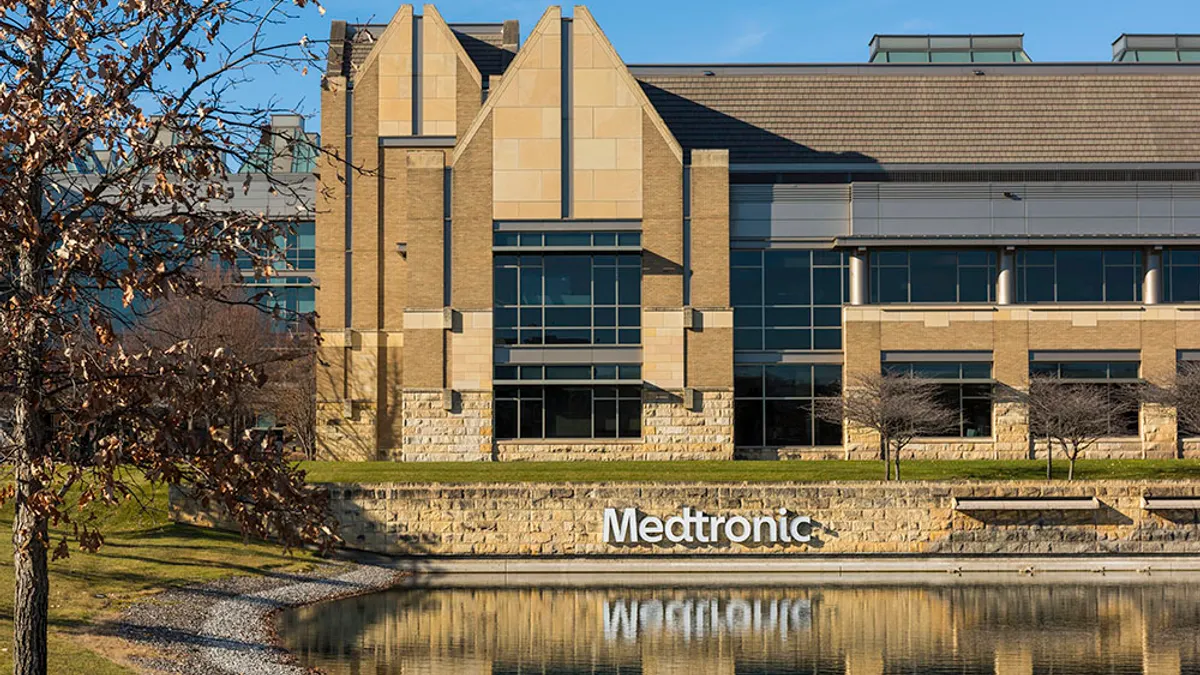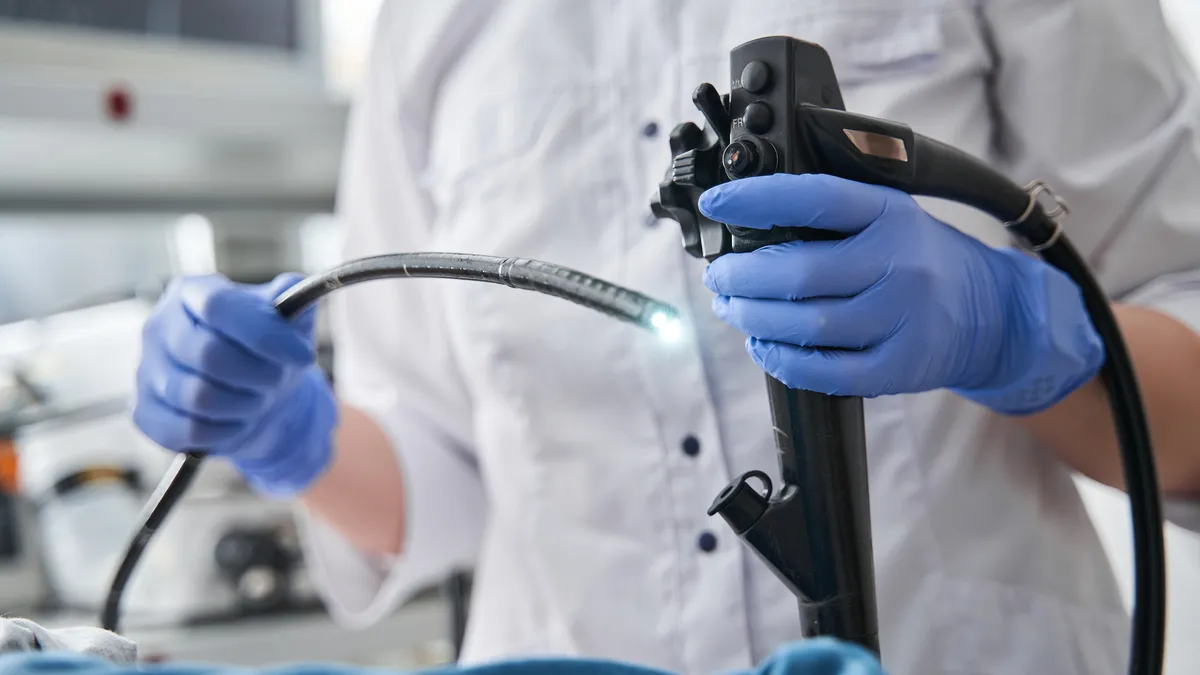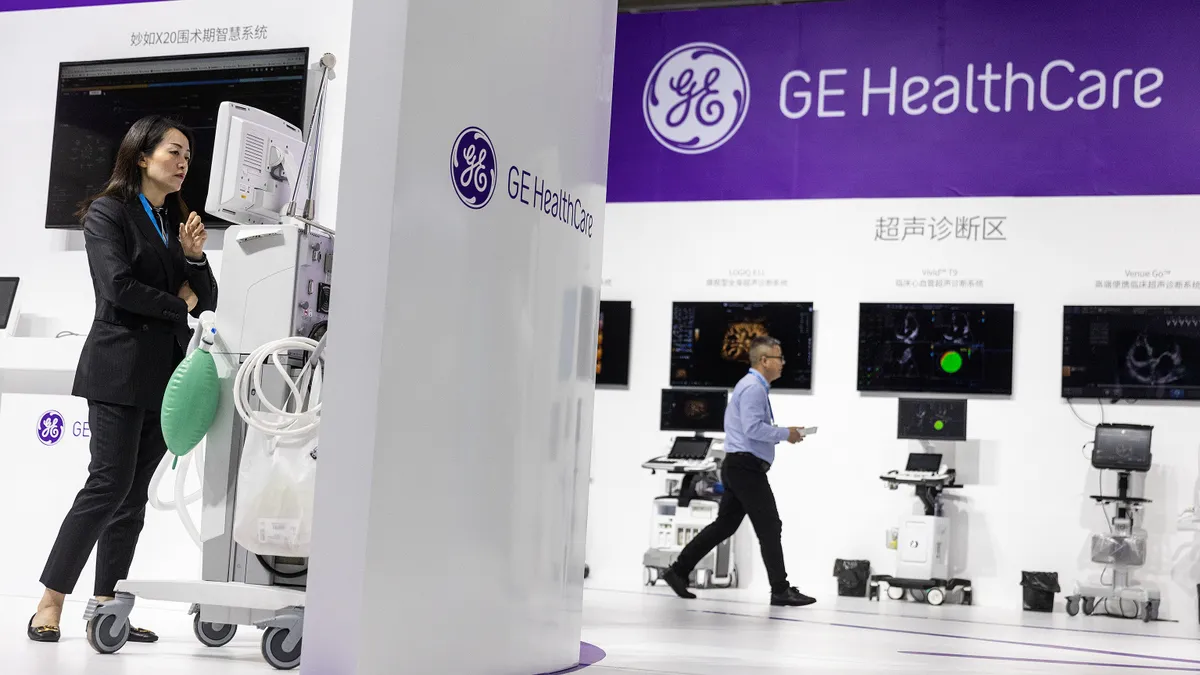Illumina, under pressure from activist investor Carl Icahn to give up the fight with regulators over its Grail cancer-testing purchase, said it’s working as fast as it can to resolve antitrust challenges to the acquisition.
Icahn last week announced plans to nominate three people to Illumina’s board with the aim of persuading the DNA-sequencing company to abandon its quest to keep Grail in the face of regulators’ objections.
Illumina bought Grail for $7.1 billion in 2021 while still facing antitrust challenges from U.S. and European regulators, who have said the combination could stifle innovation in the emerging market for blood-based early-cancer detection tests.
The company’s shares, which have lost more than half their value from a peak in August 2021, jumped 17% after Icahn released his public letter last week suggesting three nominees for the board who he said can “help keep Illumina from sinking further into the quicksand.”
Illumina said in a statement on Monday that it’s working with regulators to “define Grail’s path forward as expeditiously as possible” and argued Icahn’s director nominees would damage its core business.
The company last month reported a $140 million net loss in the fourth quarter on a 10% decline in revenue.
“Illumina is moving as quickly as possible to work through the legal and regulatory processes to maximize value for shareholders with respect to Grail, including defining the conditions and options of a potential divestiture,” the company said.
Illumina could be forced by the European Commission to divest Grail. The company, which has challenged the Commission's jurisdiction to review the Grail acquisition, said it expects a final decision in late 2023 or early 2024.
“Winning a jurisdictional appeal eliminates any EC fine and gives the greatest optionality for Illumina to maximize value for shareholders,” the company said.
If it loses the EU jurisdictional appeal, Illumina said, it will follow the terms of the final divestiture order.
Illumina said Icahn doesn't understand the regulatory process and hasn’t offered any new ideas for a more rapid resolution.
“The board's ongoing management of the Grail process is carefully considered and informed by thorough analysis,” Illumina said.
The company said Grail’s multi-cancer early-detection test, Galleri, saw the fastest first-year revenue ramp of any cancer screening test, generating $55 million in revenue in 2022, even ahead of anticipated commercial or government-based reimbursement. It’s on track to deliver $90 million to $110 million of revenue in 2023, Illumina said. More than 60,000 Galleri tests have been ordered, it added.
Still, revenue last year from the test, launched in June 2021, was below Illumina management’s original forecast of $70 million to $90 million, according to J.P. Morgan analyst Julia Qin.
“Adoption has been slower than management’s own original expectations,” Qin said in an email.
“Lack of reimbursement has been the primary limiting factor, although test performance has also been viewed as lackluster by many physicians, especially when compared to other single-cancer screening products,” the analyst said.
Illumina said its shareholders aren’t required to take any action regarding Icahn’s nominees at this time, and that the company will file preliminary materials ahead of its 2023 annual meeting in the coming weeks.
The company contends that its acquisition of Grail will speed growth of the market for blood-based cancer detection tests, known as liquid biopsies. The Galleri test screens for 50 types of cancer from a single blood draw.
“The real underlying question is, will people get the benefit of the innovation sooner and better, if the merger is allowed to stand?” New York University Law School professor Eleanor Fox said by phone. “The commission is saying we're better off if there is competition, and it's on a fair, level playing field.”
The Federal Trade Commission, in seeking to block the merger, argued the deal would hurt innovation in the U.S. market for multi-cancer early detection tests because Illumina is the only provider of DNA sequencing that is a viable option for the tests.
There are a number of public and private companies working on multi-cancer early detection, although most are a few years away from commercialization, said Qin. Guardant Health is planning to release validation data later this year or early next year, and Exact Sciences has a similar multi-cancer screening development program underway, she said.
Private players include Adela, Biological Dynamics, Bluestar Genomics, Delfi Diagnostics, and Harbinger Health. A number of them have shown validation data at medical conferences, Qin said.
The FTC filed an administrative complaint against Illumina in March 2021. An administrative law judge dismissed the challenge in September, and the FTC staff appealed that decision to the full commission. Oral arguments were held before the commission in December.
“As of yet, the commissioners have not issued their opinion,” FTC spokesperson Peter Kaplan said in an emailed statement.
It is possible that the FTC will overturn the decision of the administrative law judge, depending on the facts that were in the record, Fox said. "I would not at all be surprised if they do," she said.
Illumina shares fell 1.2% to $221.94 in late-morning trading on the Nasdaq exchange on Monday.
(Updates to add details and comments on liquid biopsy market, regulatory challenges.)





















